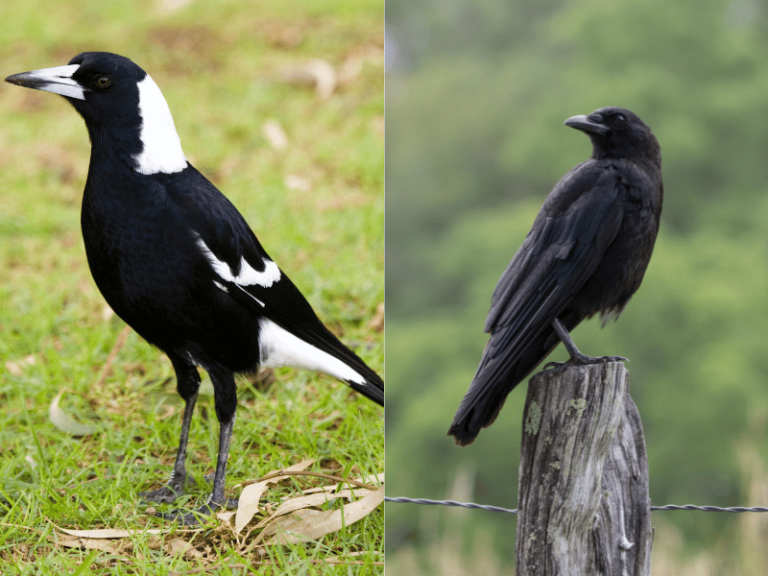In rural areas, children often enjoy singing “The Magpie Calls, Guests Are Coming”. In ancient Chinese literature, there are many records about birds. For instance, in the “Miscellaneous Records of the Western Capital”, it is said, “When the magpies call, visitors arrive.” The “Book of Birds” also describes magpies, stating that “when they call upwards, it signifies sunshine; when downwards, it signifies rain, and people hearing their voice feel joy.” This shows that people have a long history of liking magpies.
The magpie belongs to the Corvidae family, similar to crows, and is a relatively large bird in the order Passeriformes. It is a common resident bird in the plains of China, staying year-round. It has strong legs and is adept at walking on the ground to forage. In fields, cultivated land, and near suburban houses, one can often see magpies flying low, running around, pecking at grains and insects, and they are not afraid of humans. Ancient people, living closely with them day and night, developed an affection for them, symbolizing them as hospitable birds, and even incorporating them into the beautiful story of “The Cowherd and the Weaver Girl” at the Magpie Bridge.
People have different feelings towards birds. The fondness for magpies and the aversion to crows provide a stark contrast. Crows, like magpies, are also common resident birds. They are greedy eaters, bold, and like to forage by muddy waters, preferring foul-smelling things. Their cawing is harsh, monotonous, and unpleasant. People dislike them and consider them ominous birds. Due to this aversion towards crows, the affection for magpies has increased, which is not without reason.
Therefore, the saying “magpies bring joy, crows bring trouble” are folklore and have no scientific basis.

